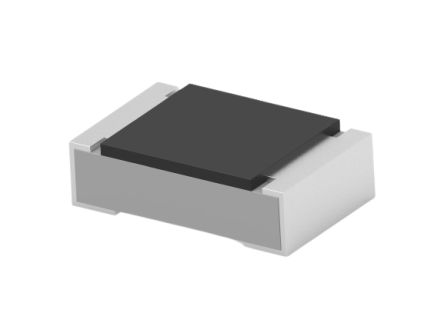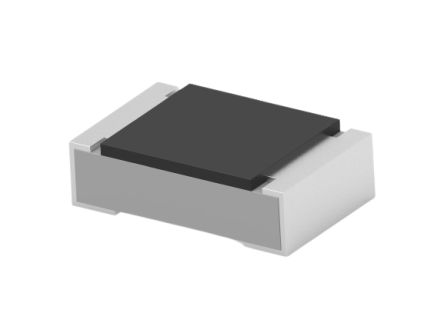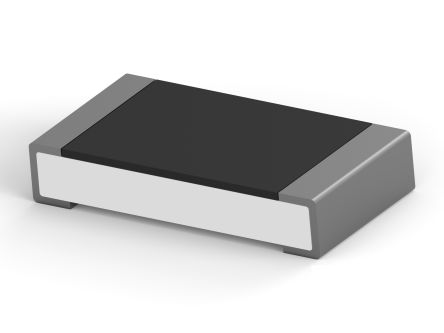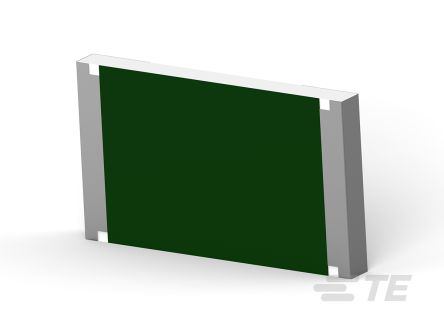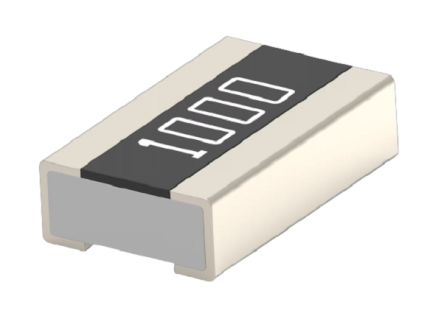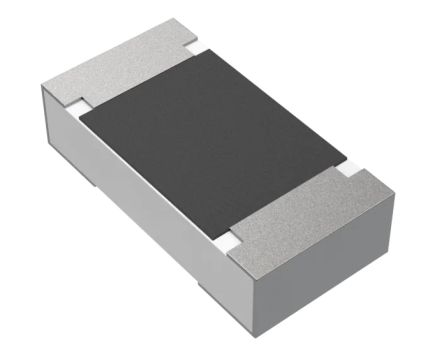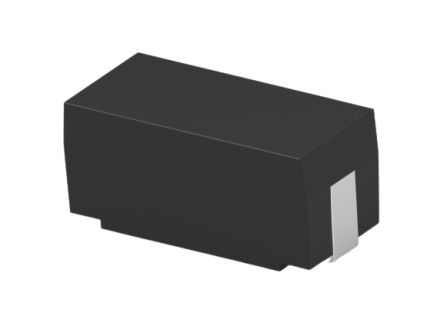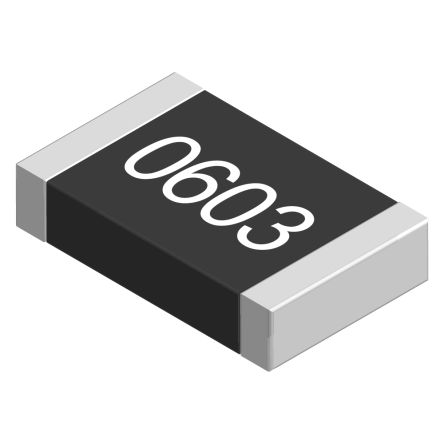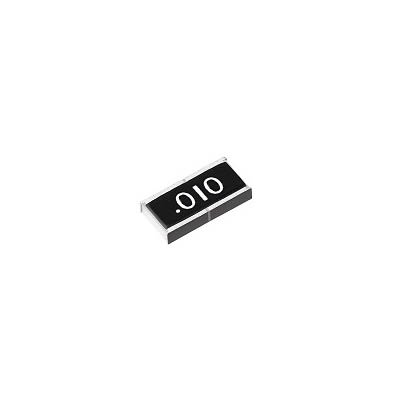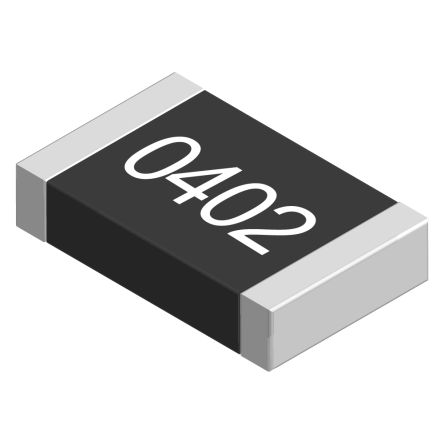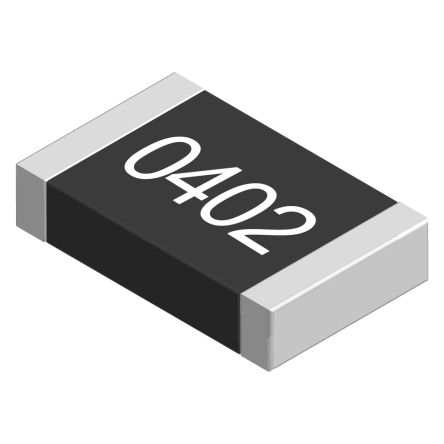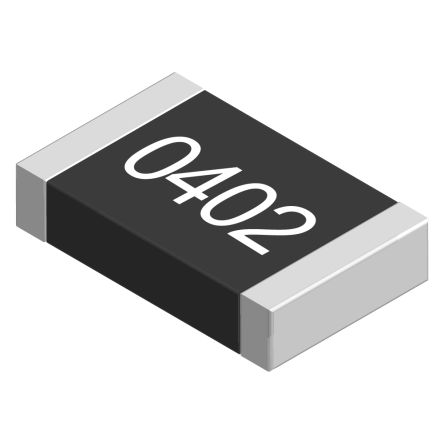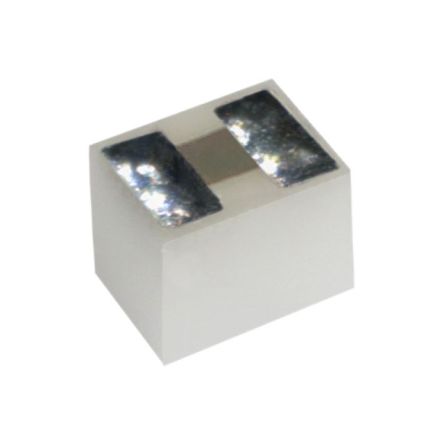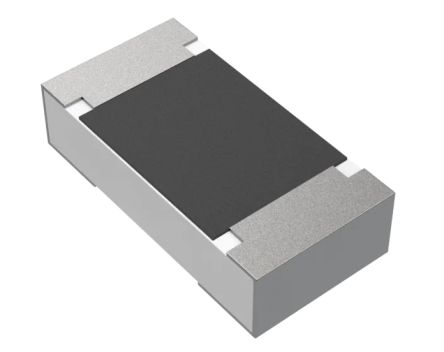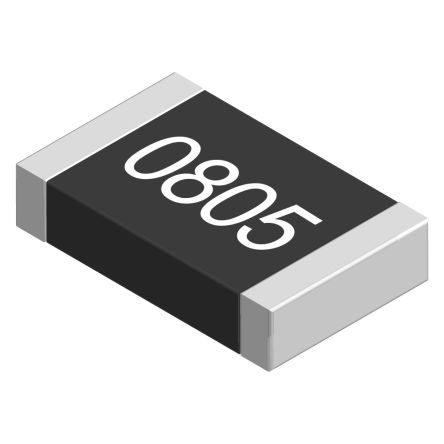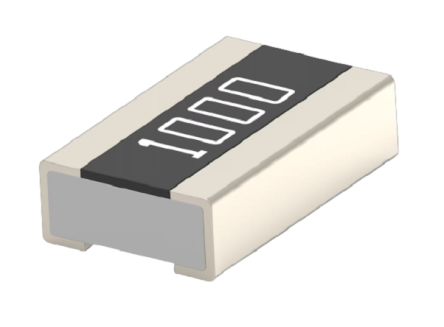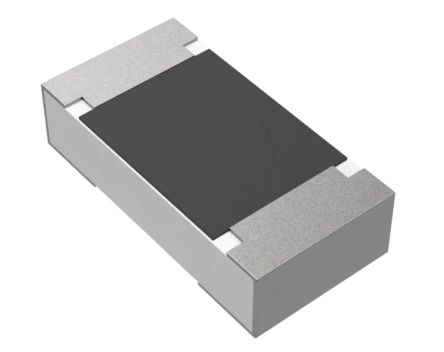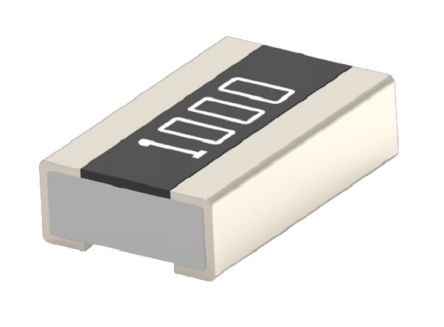- Automation & Control Gear
- Cables & Wires
- Enclosures & Server Racks
- Fuses & Circuit Breakers
- HVAC, Fans & Thermal Management
- Lighting
- Relays & Signal Conditioning
- Switches
- Batteries & Chargers
- Connectors
- Displays & Optoelectronics
- ESD Control, Cleanroom & PCB Prototyping
- Passive Components
- Power Supplies & Transformers
- Raspberry Pi, Arduino, ROCK, STEM Education & Development Tools
- Semiconductors
Surface Mount Resistors
Surface mount resistors, also reffered to as SMD, are the most widely used resistors as they reduce the flow of the electrical current in circuits. Similar to water flowing along a pipe, the tap controls the flow of water, a resistor controls the flow of current. They work to a fixed value the resistance does not change in temperature or voltage.
These resistors offer advantages in space saving on Printed Circuit Boards (PCB's). Some common package sizes are 0201,0402,0603,0805,1206,1210,2020,2512.
Resistors are used in large volumes and are the preferred choice in electronics equipment due to their small size and high reliability. SMD resistors are particularly used in telecommunication, automotive (AEC Q200 qualified) and medical equipment, they also found in personal devices, displays and advanced technology research instruments. Check out our handy LED Resistor Value calculator to determine what resistor value you require for your LED lighting.
Types of surface mount resistors
- Thin Film Resistors have a higher precision than the thick film
- Thick Film Resistors are used for general use due to a lower price point
- Moulded Wirewound Resistors offer higher power
- Foil Resistors for ultra-high precision and really low-Temperature coefficient of resistance
- Shunts (current sense) Low ohmic values for where current measurement is critica
- Melf (cylindrical) offering superb pulse load capability
What are surface mount fixed resistors used for?
SMD fixed resistors are very compact and used in most electronic board design. Due to their compact size and the continuous development of ever smaller footprints, this has allowed for the development of ever smaller PCB designs and the ability to get more from the board. The resistors can assist in the reduction of component count on the board.
What is the difference between Thin Film Resistors and Thick Film Resistors?
The main difference being that the thick film resistors have a paste fired on to the manufacturers chosen substrate. Thin film resistors as the name suggests has an extremely thin metal film that is generally vacuum deposited on to the manufacturers chosen substrate.
